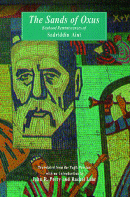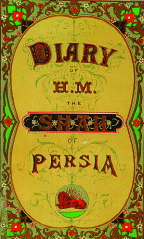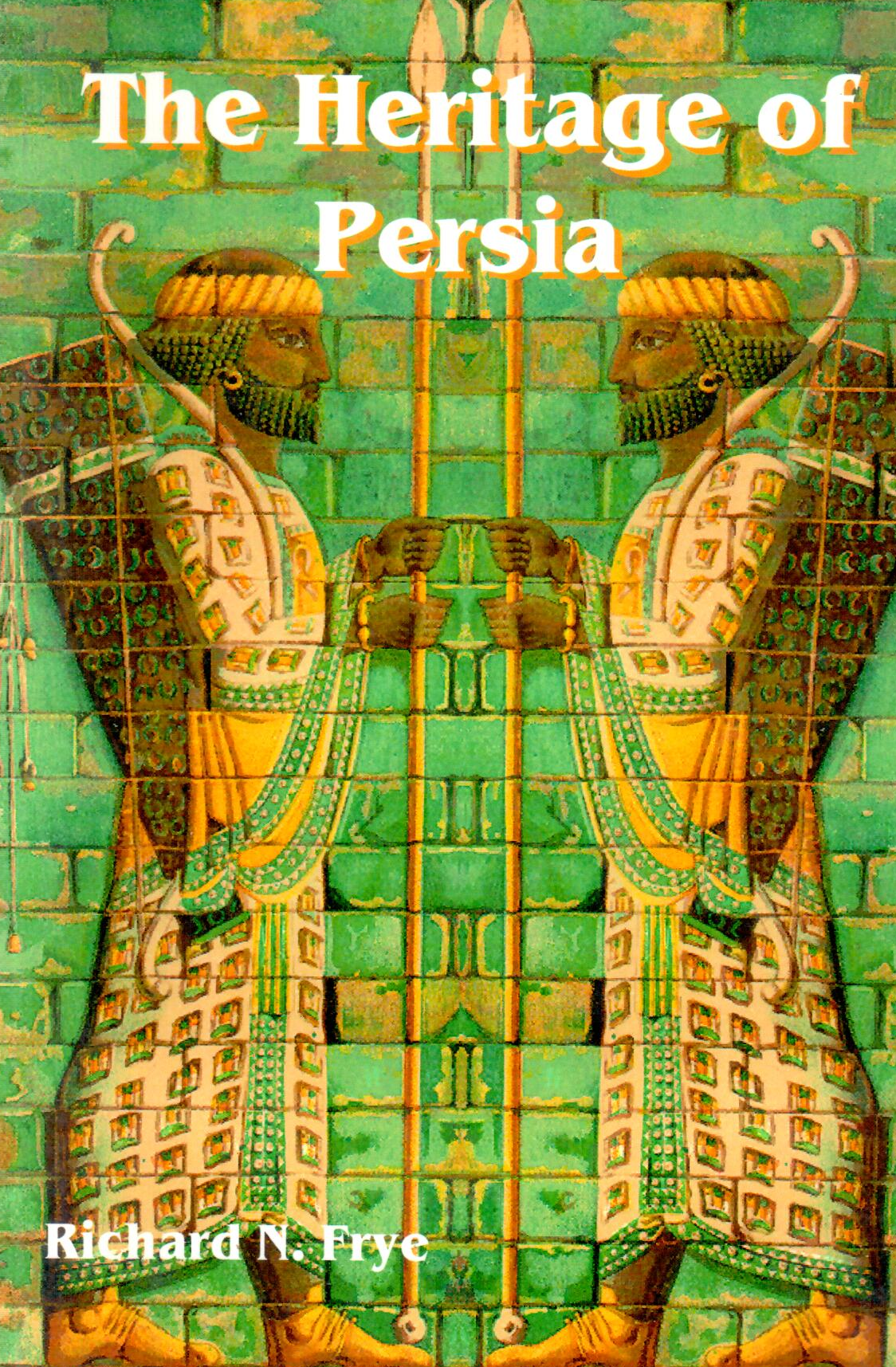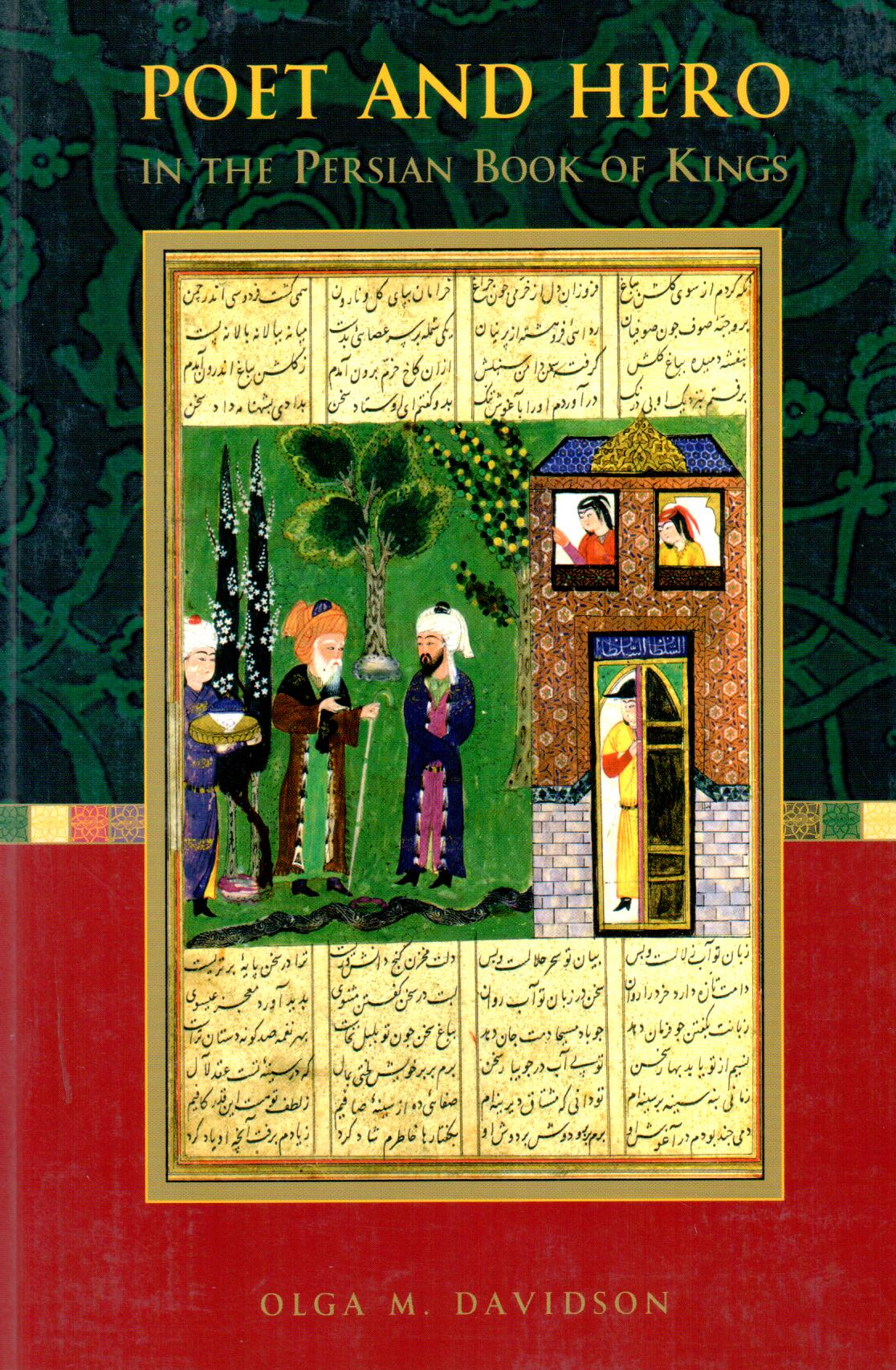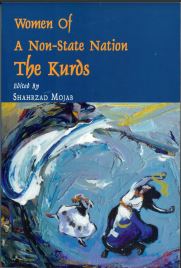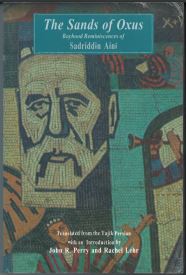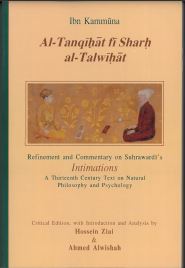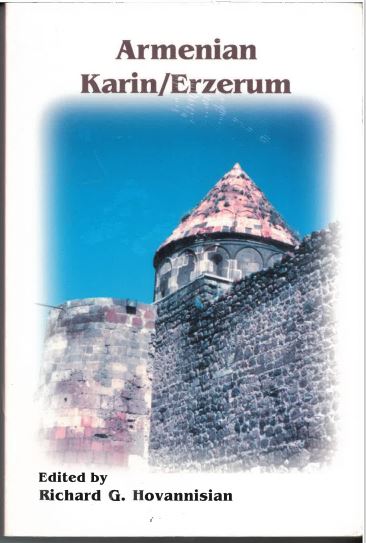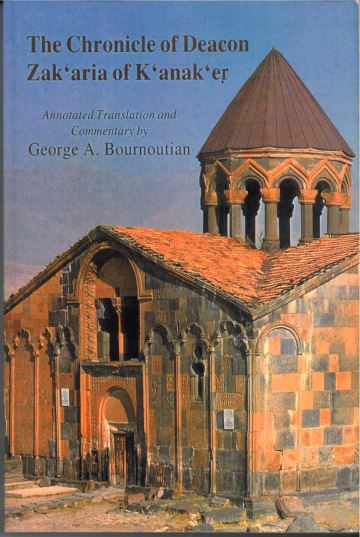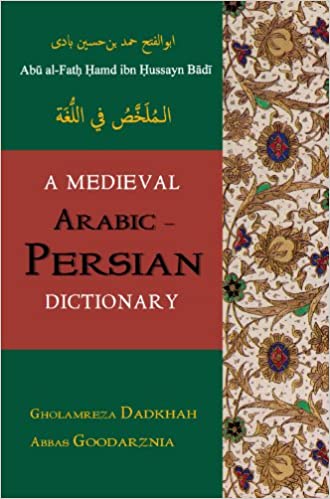The Sands of Oxus: Boyhood Reminiscences of Sadriddin Aini: Engelska 1998
The Sands of Oxus: Boyhood Reminiscences of Sadriddin Aini
21,32 £
Dela
Wishlist
ISBN:
1568590784
Översättare:
John R Perry
,
Pachel Lehr
Förlag:
Mazda Publishers
Åldersgrupp:
Vuxen
Sidor:
275
Vikt:
480 g
Produktmått:
14 x 21 x 1
,
92 cm
Bokomslag:
Pocketbok
Sadriddin Aini (1878-1954) was one of the reformist intellectuals of Russian-ruled Centra Asia (Jadids) who in the early 1920s joined the Bolsheviks to overthrow the Emirate of Bukhara and propagate the vevolution in Uzbekistan and Tajikistan. As the leading Tajik (Persian-speaker) among predominatly Uzbek (Turkish-speaking) colleagues, he was instrumental in establishing a distictive Tajik Persian language and literature, written first in Latin characters and, from 1940, in Cyrillic. Aini´s voluminous oeuvre (encompassing poetry, fiction, journalism, history and lexicography), while steering safely close to Stalin´s party line, helped to preserve a Tajik national consciousness that has survived the collapse of the USSR. Today it is building a post-Soviet identity through close links with its Iranian culture and fellow Persian-speakers abroad.
This book is an annotated translation of the first volume of the memoirs of Aini and is supplemented by two autobiographical novellas, ´The Village School´and Áhmad the Exorcist´. These works depict Aini´s childhood in rural Bukhara of the 1880s until he moved to the city to study at a ´madrasa´.
more
Sadriddin Aini (1878-1954) was one of the reformist intellectuals of Russian-ruled Centra Asia (Jadids) who in the early 1920s joined the Bolsheviks to overthrow the Emirate of Bukhara and propagate the vevolution in Uzbekistan and Tajikistan. As the leading Tajik (Persian-speaker) among predominatly Uzbek (Turkish-speaking) colleagues, he was instrumental in establishing a distictive Tajik Persian language and literature, written first in Latin characters and, from 1940, in Cyrillic. Aini´s voluminous oeuvre (encompassing poetry, fiction, journalism, history and lexicography), while steering safely close to Stalin´s party line, helped to preserve a Tajik national consciousness that has survived the collapse of the USSR. Today it is building a post-Soviet identity through close links with its Iranian culture and fellow Persian-speakers abroad.
This book is an annotated translation of the first volume of the memoirs of Aini and is supplemented by two autobiographical novellas, ´The Village School´and Áhmad the Exorcist´. These works depict Aini´s childhood in rural Bukhara of the 1880s until he moved to the city to study at a ´madrasa´.
more

